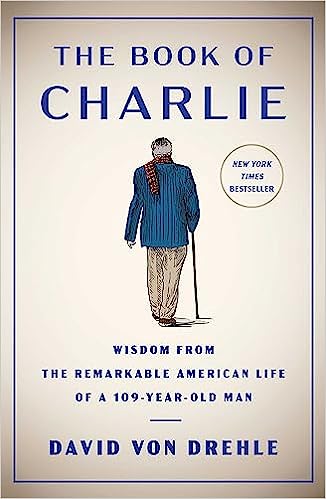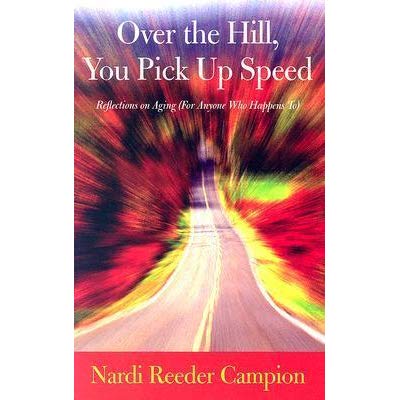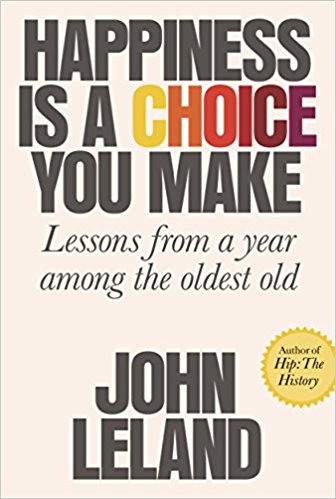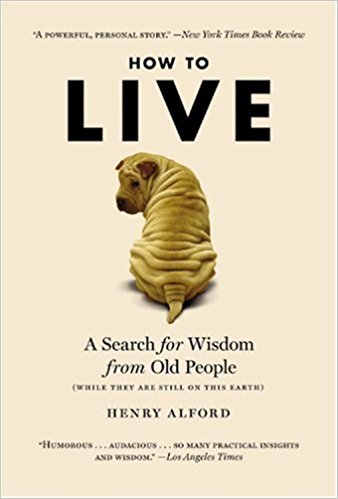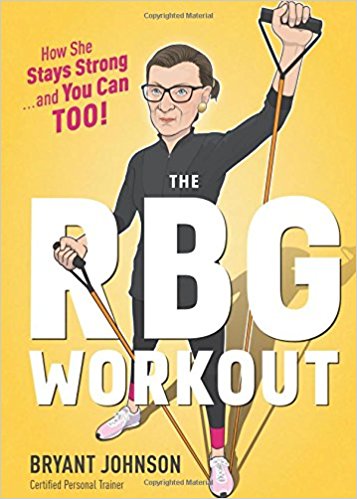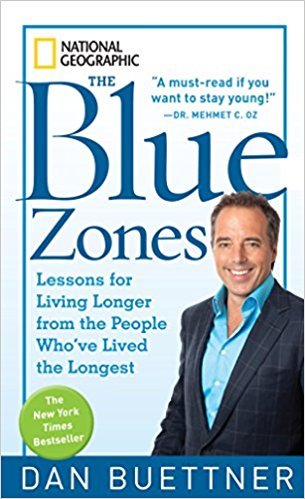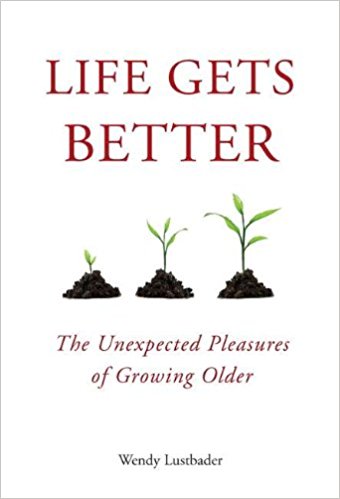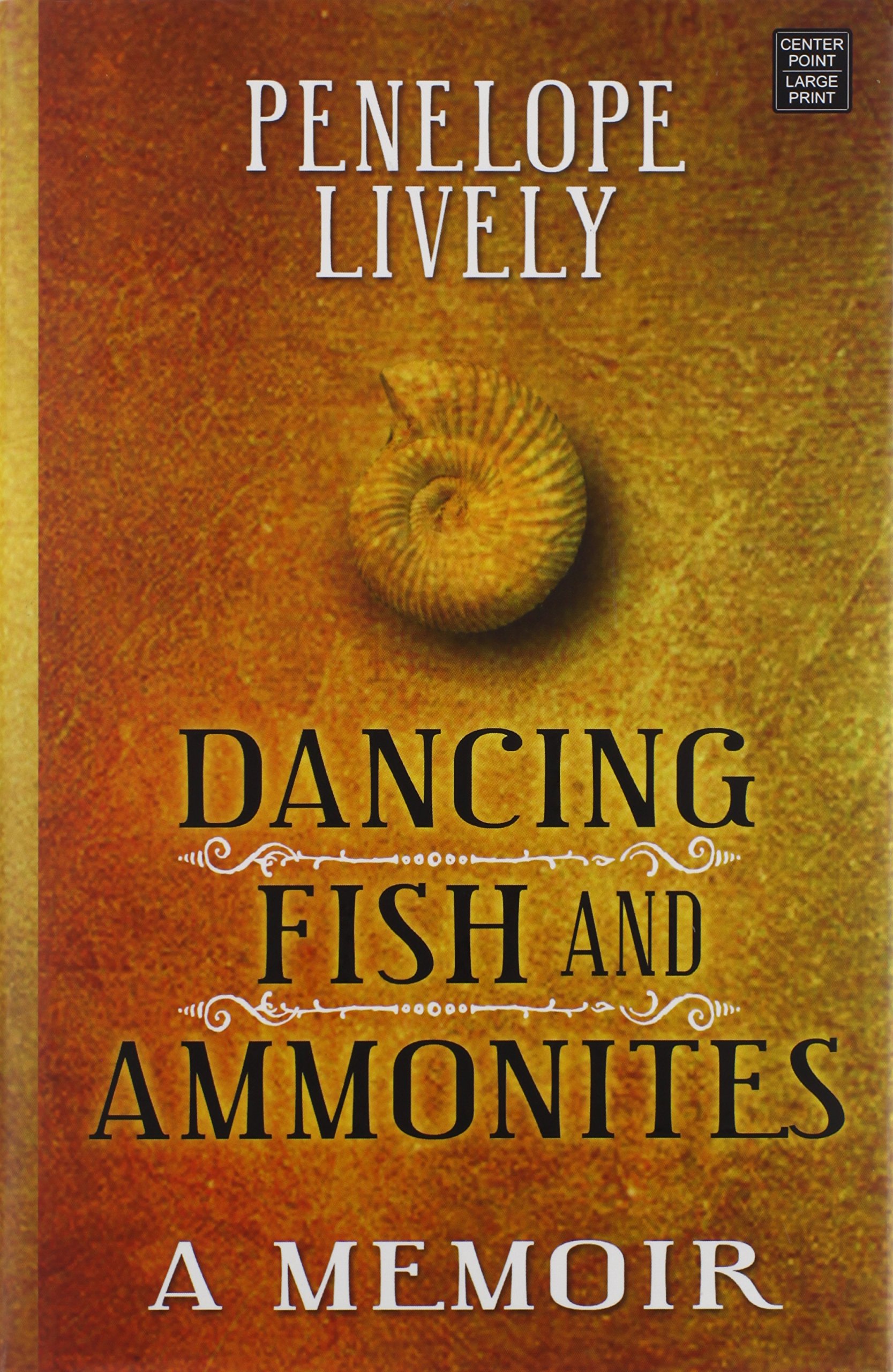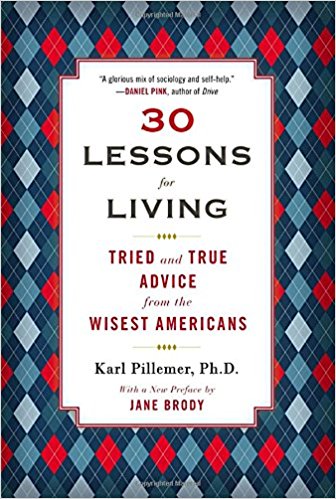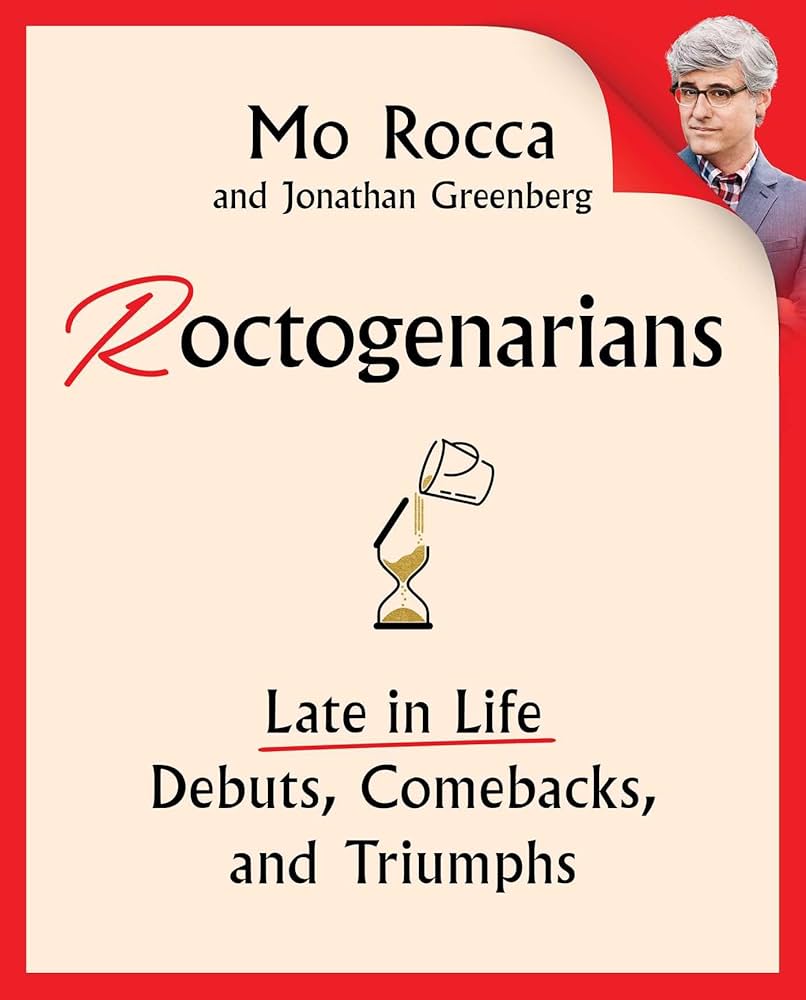
By Mo Rocca and Jonathan Greenberg – Simon and Schuster, 2024
This book challenges the idea that people’s accomplishments dwindle as they age. It highlights older adults whose passion and determination pushed past setbacks, health issues, career obstacles and more to achieve great things later in life. Roctogenarians profiles people from all walks of life: an 83-year-old soldier, an activist, actress Rita Moreno, physician Peter Mark Roget (creator of Roget’s Thesaurus). This diversity of achievers ensures that every reader can find someone they can relate to in this book. Known for his wit and engaging storytelling, Mo Rocca’s approach is laced with humor, empathy and a deep appreciation for the human spirit. Prepare to be entertained and inspired.

